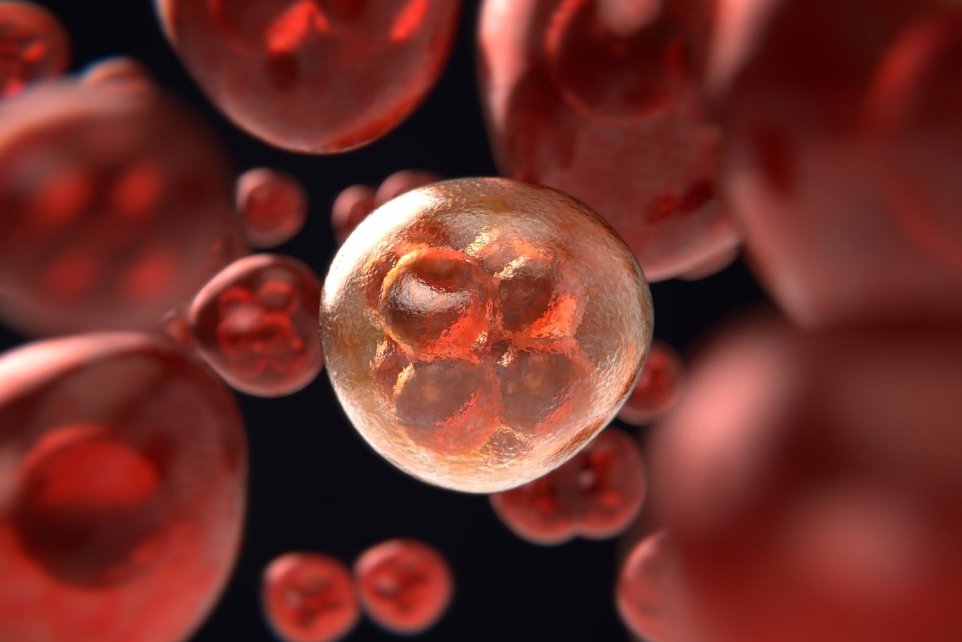Uncontrolled cellular division combined with evasion of apoptosis, a cellular mechanism of programmed cell death that limits proliferation, is a classic hallmark of cancer. Cancer cells evade apoptosis through the expression of anti-apoptotic genes, some of which are epigenetically regulated and can be targeted through currently available therapeutics.
Apoptosis can be triggered via various external or internal stimuli. These different pathways converge and ultimately execute a death program through the destruction of cellular components. Genes that promote this programmed cell death are termed pro-apoptotic genes, while genes that oppose programmed cell are termed anti-apoptotic genes. One anti-apoptotic gene that is widely studied in cancers is B-cell lymphoma 2 (BCL2). In several cancers, anti-apoptotic genes like BCL2 are epigenetically activated and therefore promote cell survival.
For example, epigenetic activation of BCL2 is seen in T-cell acute lymphoblastic leukemia (T-ALL), which accounts for about 15 and 25 percent of pediatric and adult acute lymphoblastic leukemia (ALL), respectively. In T-ALL, the BCL2 gene is turned on by enhancer activation. Simply put, enhancers are gene regulatory regions that can increase the expression of associated genes. In T-ALL, a protein called bromodomain-containing protein 4 (BRD4) binds enhancers near BCL2, leading to BCL2 activation. Based on this observation, JQ1, an inhibitor of BRD4, has been examined. JQ1 was found to decrease expression of BCL2 expression and lead to apoptosis of T-ALL cells. In addition, pre-clinical in vivo studies using a T-ALL cell line and patient-derived xenograft models have shown that JQ1 also works synergistically with venetoclax, a drug that inhibits the Bcl-2 protein.
Another example of epigenetic activation of BCL2 is observed in ALL patients carrying rearrangements of the mixed lineage leukemia (MLL) gene, a cancer with poor survival outcomes. The most common rearrangement of MLL in ALL patients is a chromosomal translocation that fuses MLL with the AF4 gene. MLL-AF4 mediates an increase in active histone marks at an enhancer of BCL2, leading to BCL2 activation. Studies show that loss of MLL-AF4 leads to a subsequent reduction of BCL2 expression. While treatment options for ALL patients with MLL rearrangements remain limited, studies into the epigenetic activation of anti-apoptotic genes may lead to novel therapies.
Indeed, cells rely on apoptosis to keep growth in-check. BCL2 is an example of an anti-apoptotic gene that is turned on in several cancers via epigenetic mechanisms such as activation of an enhancer. Understanding these mechanisms will undoubtedly reveal new therapeutic avenues that target apoptotic pathways in cancer.

